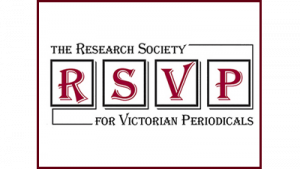RSVP Curran Fellowships for Research on 19th-century British Press

The Curran Fellowships are travel and research grants intended to aid scholars studying British magazines and newspapers from the long nineteenth century in making use of primary print and archival sources. Made possible through the generosity of the late Eileen Curran, Professor Emerita of English, Colby College, and inspired by her pioneering research on Victorian periodicals, these grants are awarded annually.
Curran Fellowships are open to researchers of any age from any of a wide range of disciplinary perspectives who are exploring the British periodical press of the long nineteenth-century (including magazines, newspapers, and serial publications of all kinds) as an object of study in its own right, and not only as a source of material for other historical topics. Applicants’ projected research may involve study of any aspects of the periodical press in any of its manifold forms, and may range from within Britain itself to the many countries, within and outside of the Empire, where British magazines and newspapers were bought, sold, and read during the long nineteenth century. See a list of all previous winners and their projects here.
Curran Fellowship recipients are typically announced two to three months after the submission deadline. See the current award calendar for all application and recommendation letter deadlines. Please note that deadlines are subject to change and if needed, will be announced via our social media channels promptly.
Please note that Officers and Directors of RSVP are prohibited from applying for RSVP grants and fellowships. Please contact RSVP with any questions.
